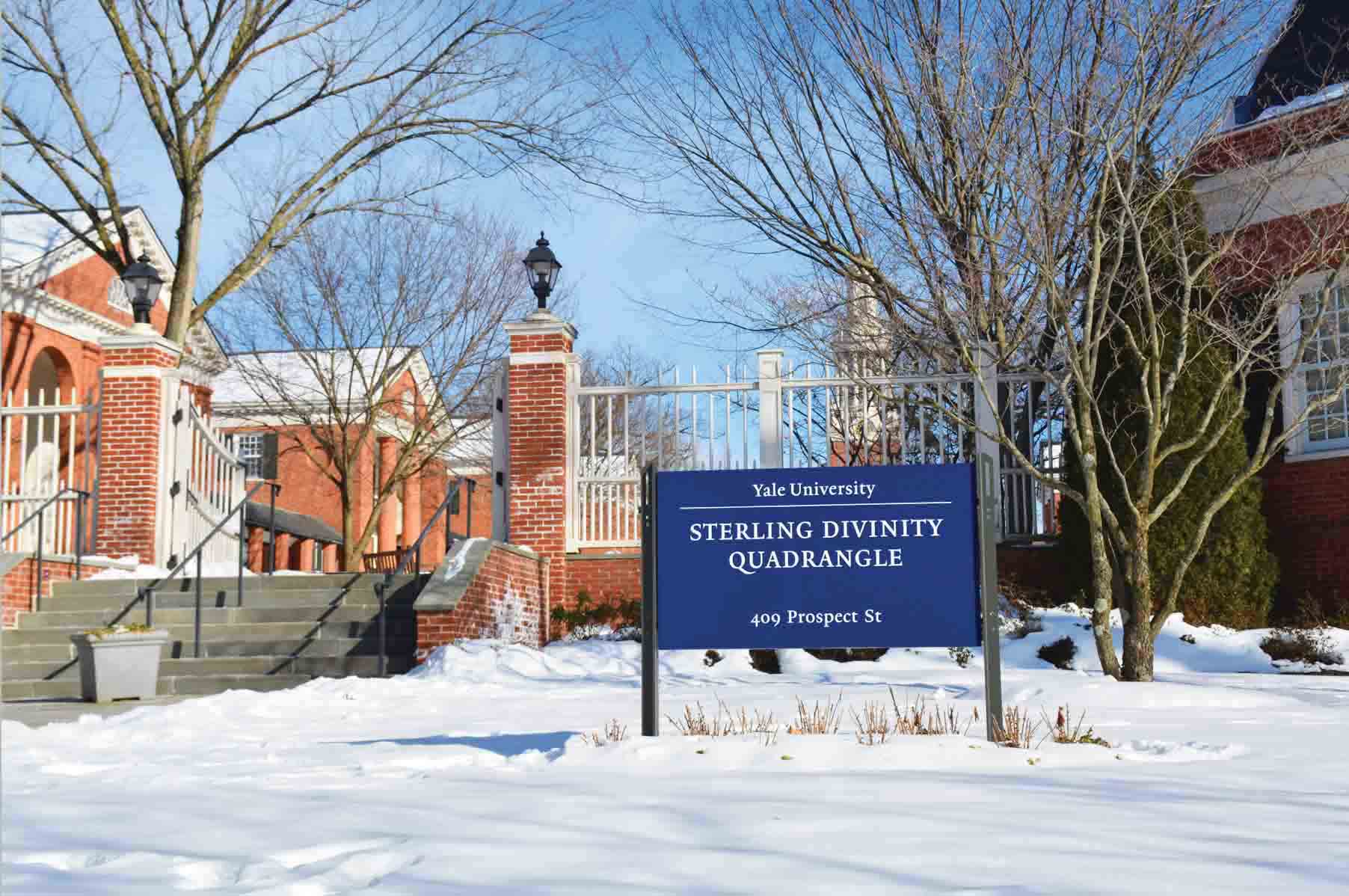
The Religious Studies Department has seen a steady decline in the number of students pursuing degrees in the subject over the past decade. However, its classes remain widely popular among Yale undergraduates.
According to data collected by Yale’s Office of Institutional Research, the University awarded 15 religious studies degrees in the 2006–07 academic year. But over the years, student interest in the major has dwindled, with just four degrees awarded in the 2016–17 academic year. This trend aligns with the results of a 2017 study conducted by the U.S. Department of Education, which found that the number of humanities degrees awarded was 7 percent lower in 2015 than in 2009.
Harry Stout, director of undergraduate studies for the department, said the decline in religious studies majors is not surprising given that growing numbers of students are now drawn to pre-professional and STEM degrees. But despite this decline, Stout added, the religious studies classes available to undergraduate students at Yale have seen increasing enrollment rates over the past decade. According to Stout, the department’s classes attract large numbers of students in part because they tend to explore a wide variety of cultural and religious traditions.
“The forces of pluralism have opened up avenues of inquiry and interest in new and different religions on a level that didn’t exist when I arrived at Yale in 1986,” he said. “I think if somebody were to give me a list of our current course offerings in religious studies when I had first arrived at Yale, I would be dumbfounded at the way in which Yale’s department has really recognized a much larger world than was the case when I first came.”
Stout said that although the department — established in 1963 — initially focused on Christianity and Judaism, there is now no single dominant religious tradition in the curriculum. According to Stout, the department draws from religious traditions all over the world and offers classes on topics such as Buddhist architecture, ancient Judaism and Indian mythology.
As a result of the growing pluralism both worldwide and in the Religious Studies Department, Stout added, the department has seen substantial staff turnover in the past decade. Recent additions to the department’s faculty include specialists in Islam, Judaism and Asian and Native American religions. Stout said he hopes the new faculty members will “speak to the pressing issues of the 21st century with fresh eyes.”
“By exposing our students to different religious traditions, we introduce them to what we might call the ‘the other,’ meaning somebody of another faith commitment, someone of different beliefs,” he said. “These religious traditions provide a perspective that makes them familiar, that humanizes them, which is very important in our world today.”
Stout also pointed out that the department has seen significant interest from students majoring in the natural and social sciences. Although these fields seem to contrast with religious studies, he said, he is not surprised that nonmajors are attracted to the department because of how prevalent religion is, both in present-day politics and in the search for personal meaning.
“For some people, you can’t open the newspaper hardly on any day of the week and not see a headline story that has to do with religion, whether it be evangelicals in America or the Sunnis versus the Shiites in the Middle East,” said Steven Fraade, a Judaic studies professor in the religious studies department. “I think it’s undeniable that a lot of what’s going on in the U.S. and internationally would be hard to approach without having some understanding of religion.”
Another possible reason for the continued popularity of religious studies classes, Fraade added, is that, even though students may have exposure to religion through family traditions or a place of worship, they tend to not have as much experience critically analyzing religion. The novelty of religious studies piques students’ interest, he added.
Among these students is Marie Freudenburg ’19, a religious studies major who arrived at Yale undecided about her major. Freudenburg said the first class she took in the department, which focused on Islamic theology and philosophy, fascinated her because it explored “an entirely different worldview” from her own. The department gave her the opportunity to learn about vastly different historical and cultural traditions in subsequent classes, she added.
“The field itself really studies people; it studies everything,” she said. “You learn about what it is that brings people meaning to their lives and how it is that religion impacts everything from politics to economics to medicine. There are so many things religion impacts because it’s the way people view the world, so in learning more about it, we can learn more about people’s ideologies and narratives.”
Amber Hu | amber.hu@yale.edu







